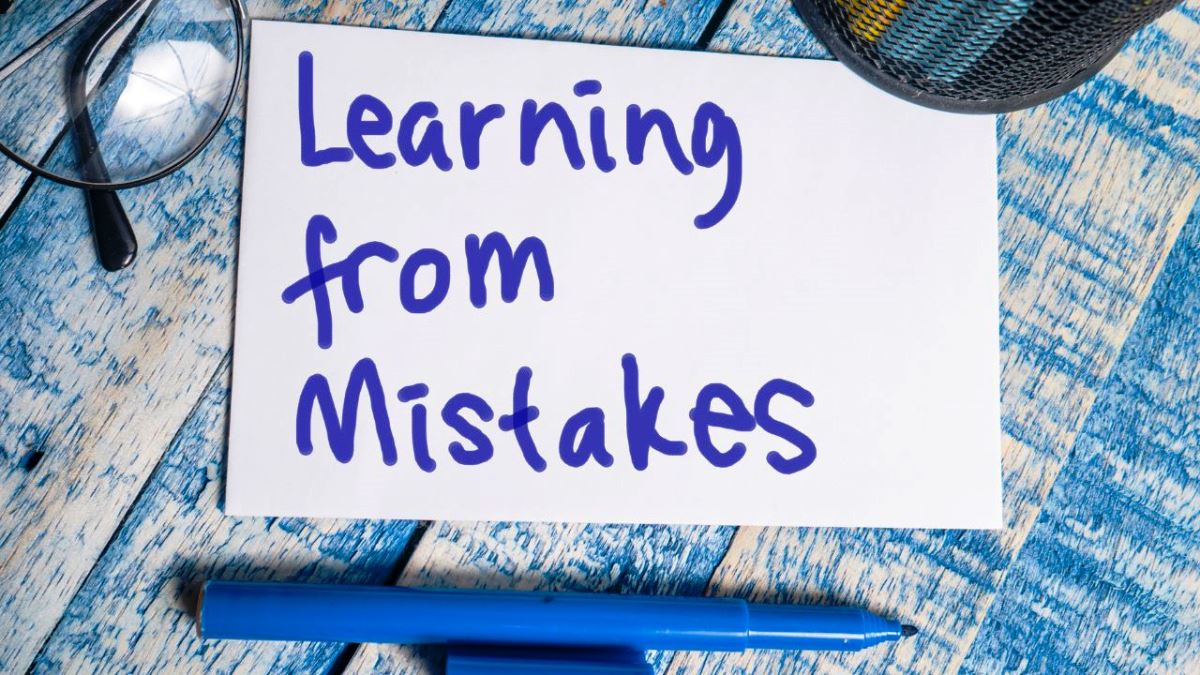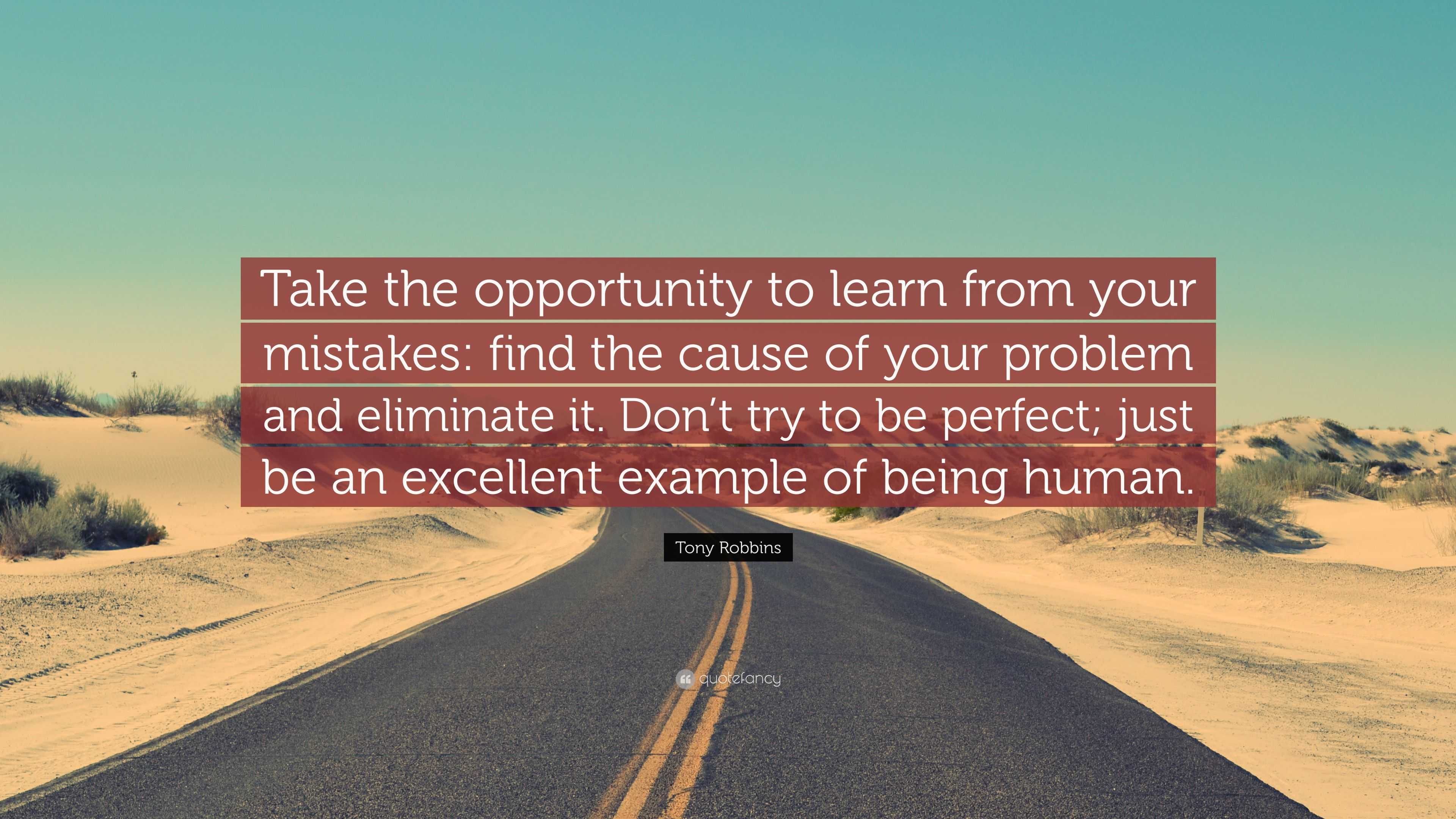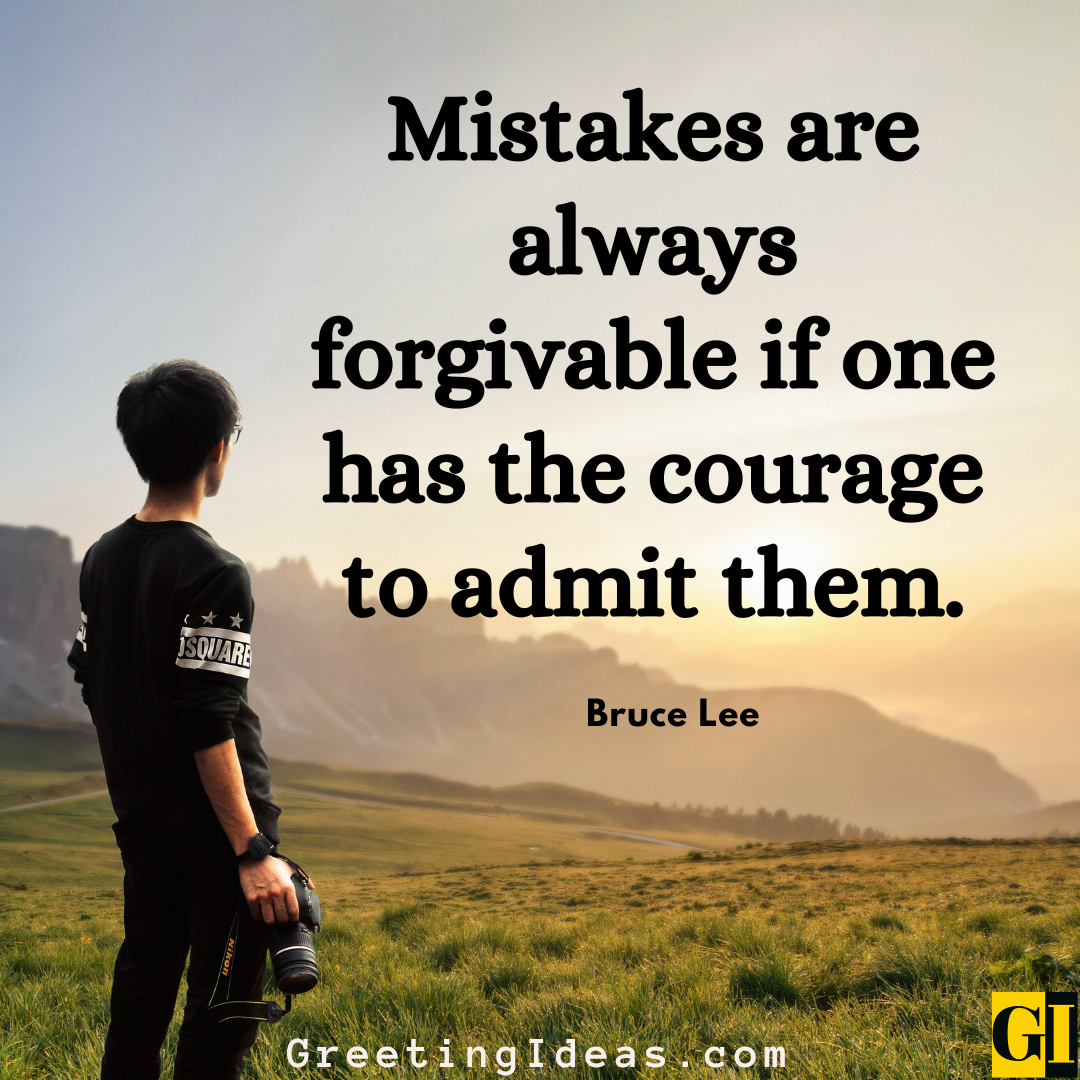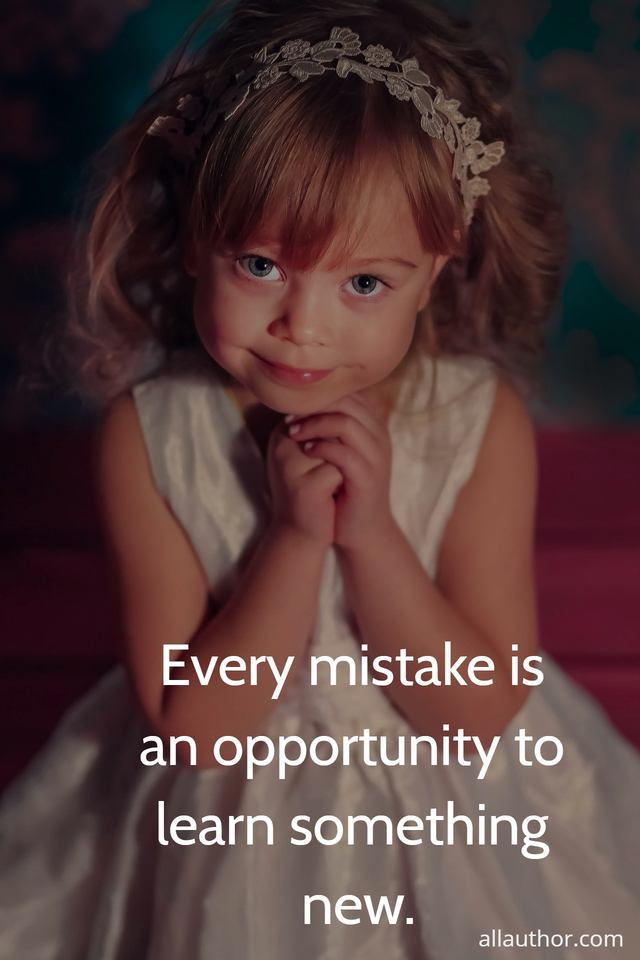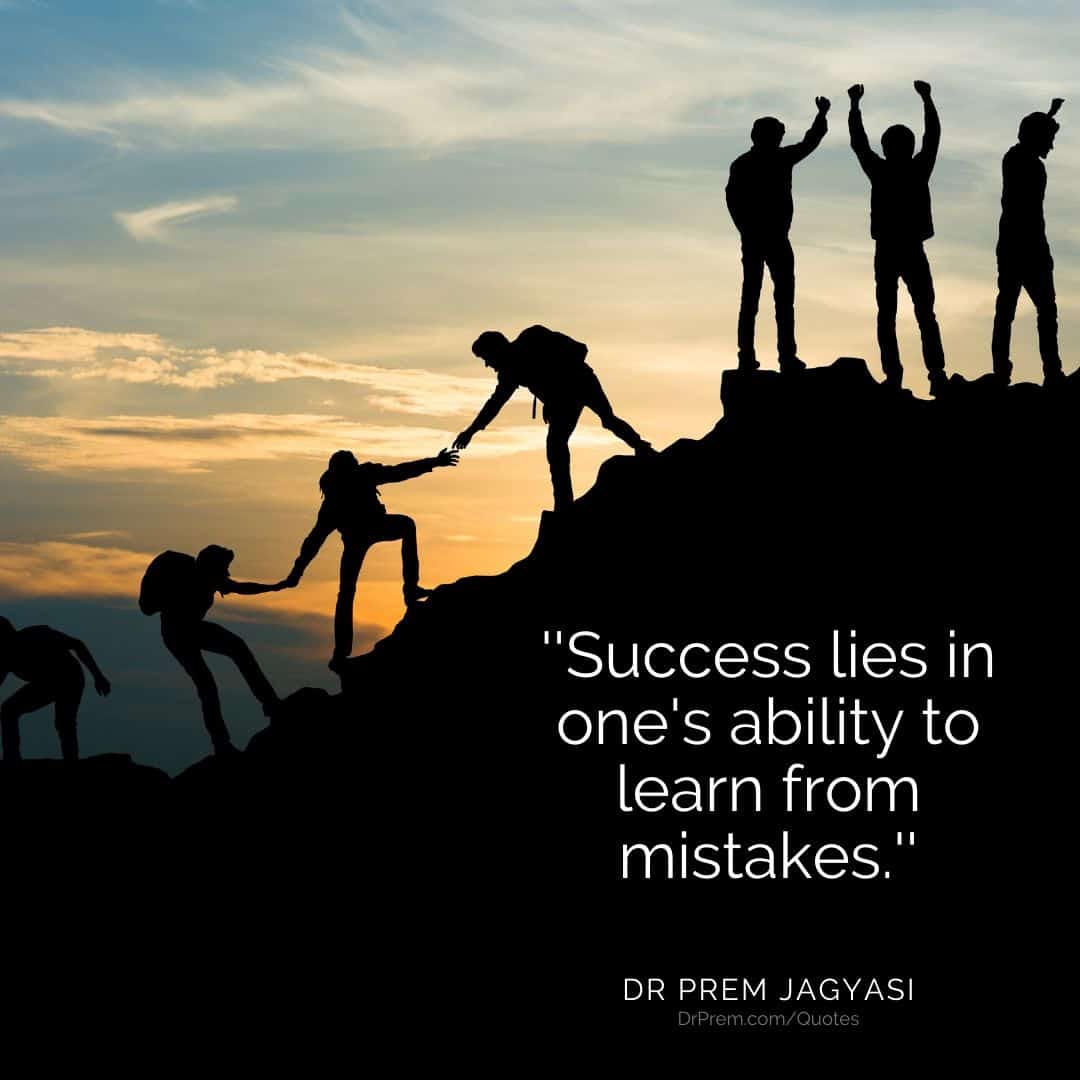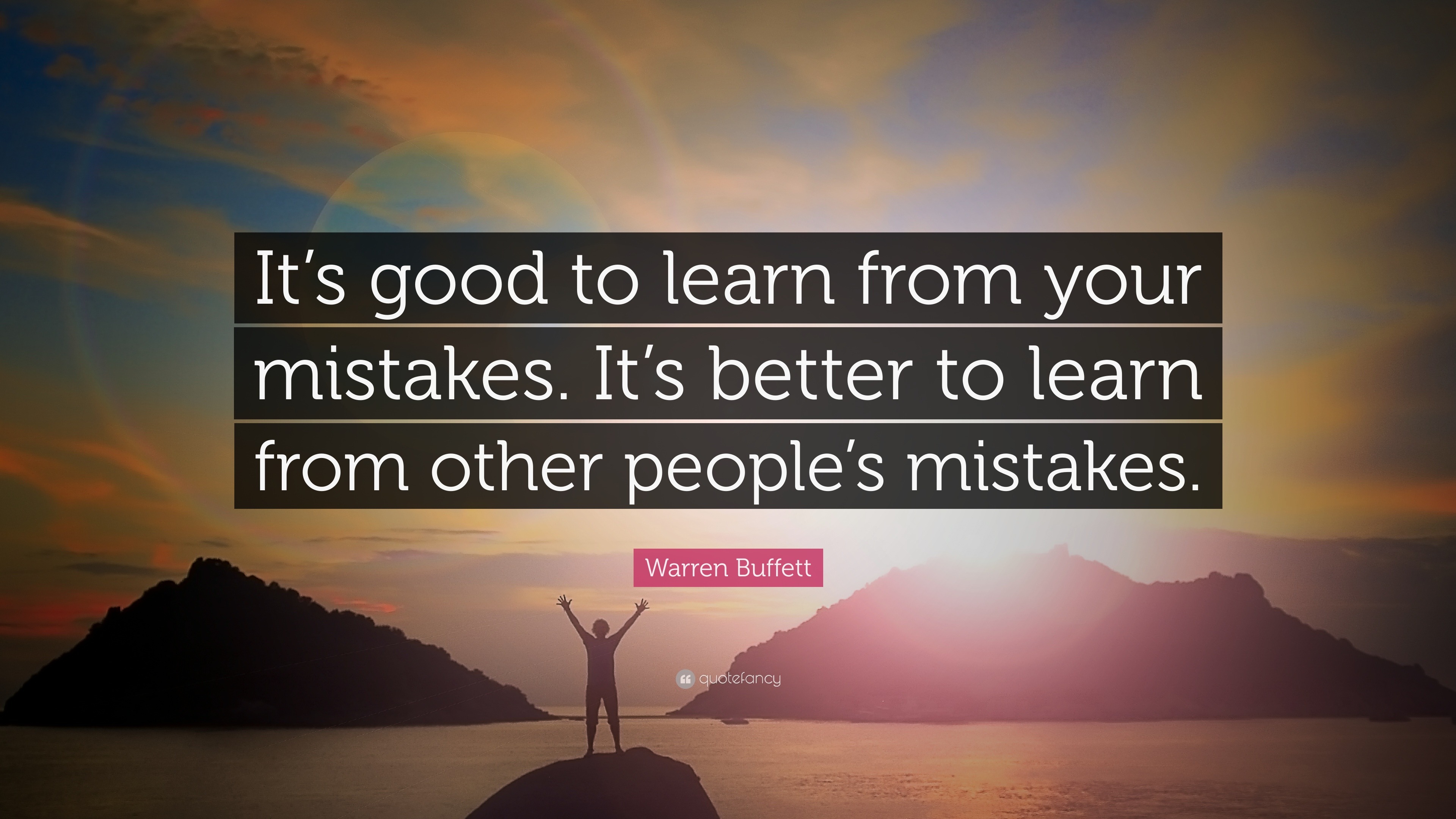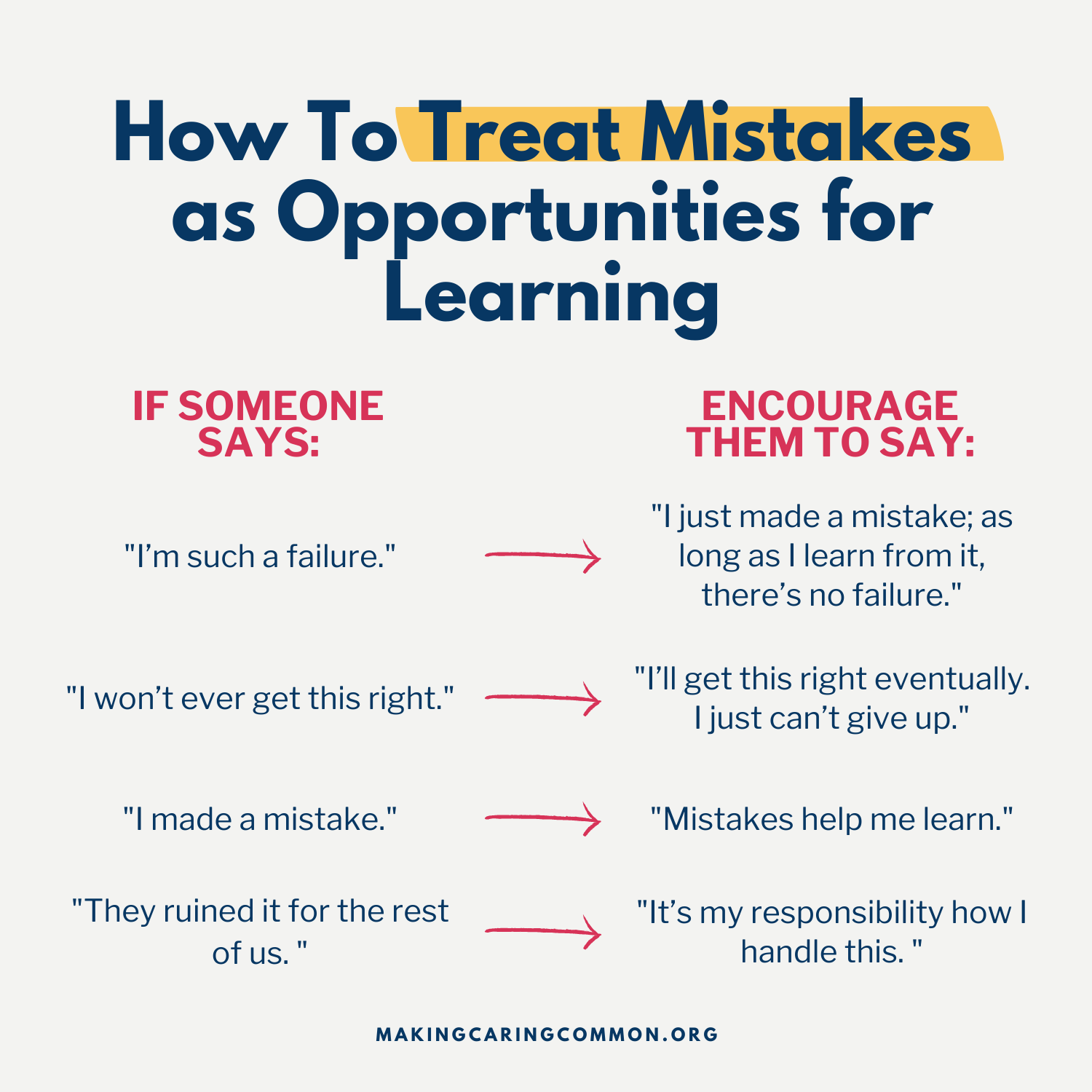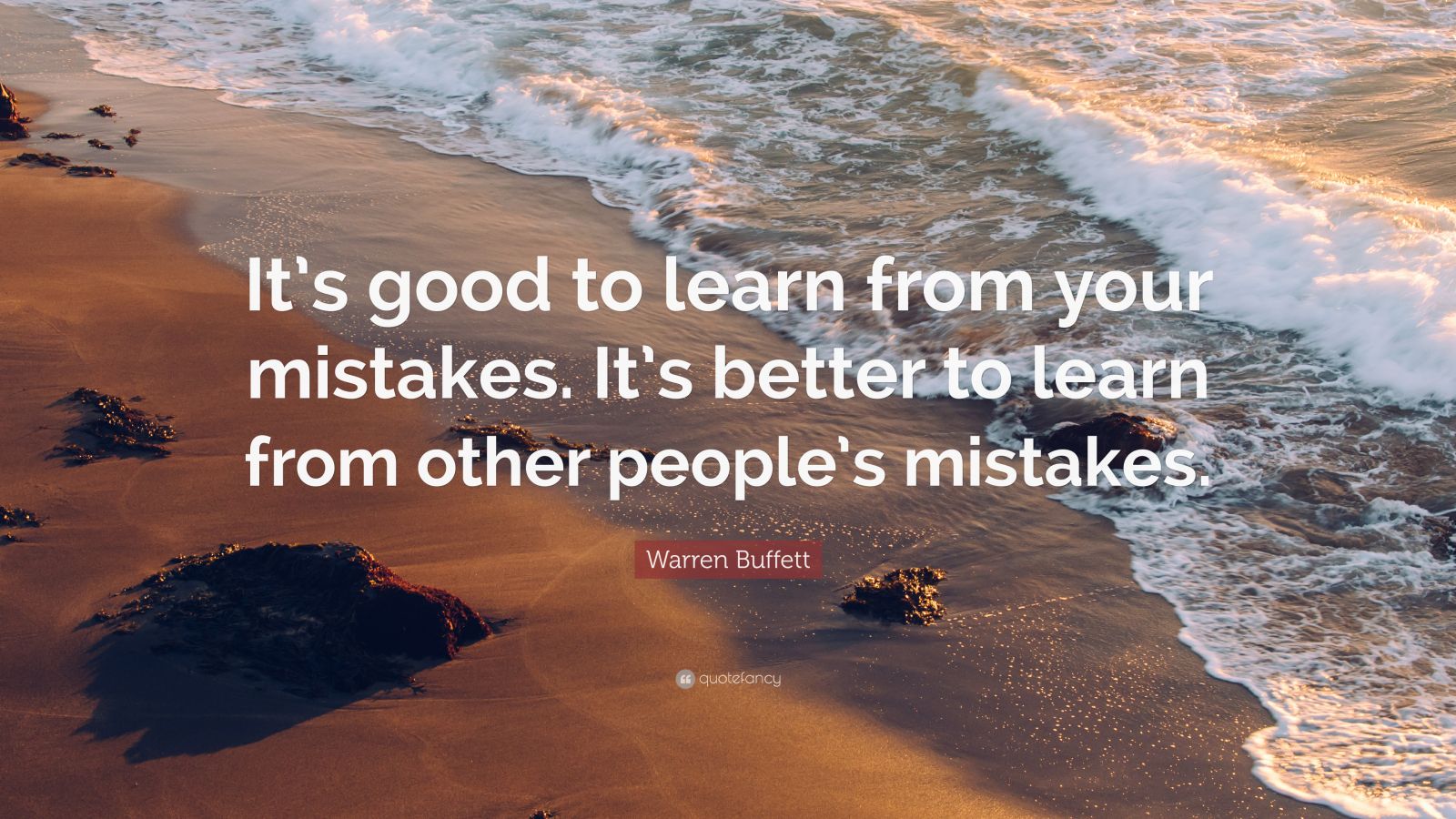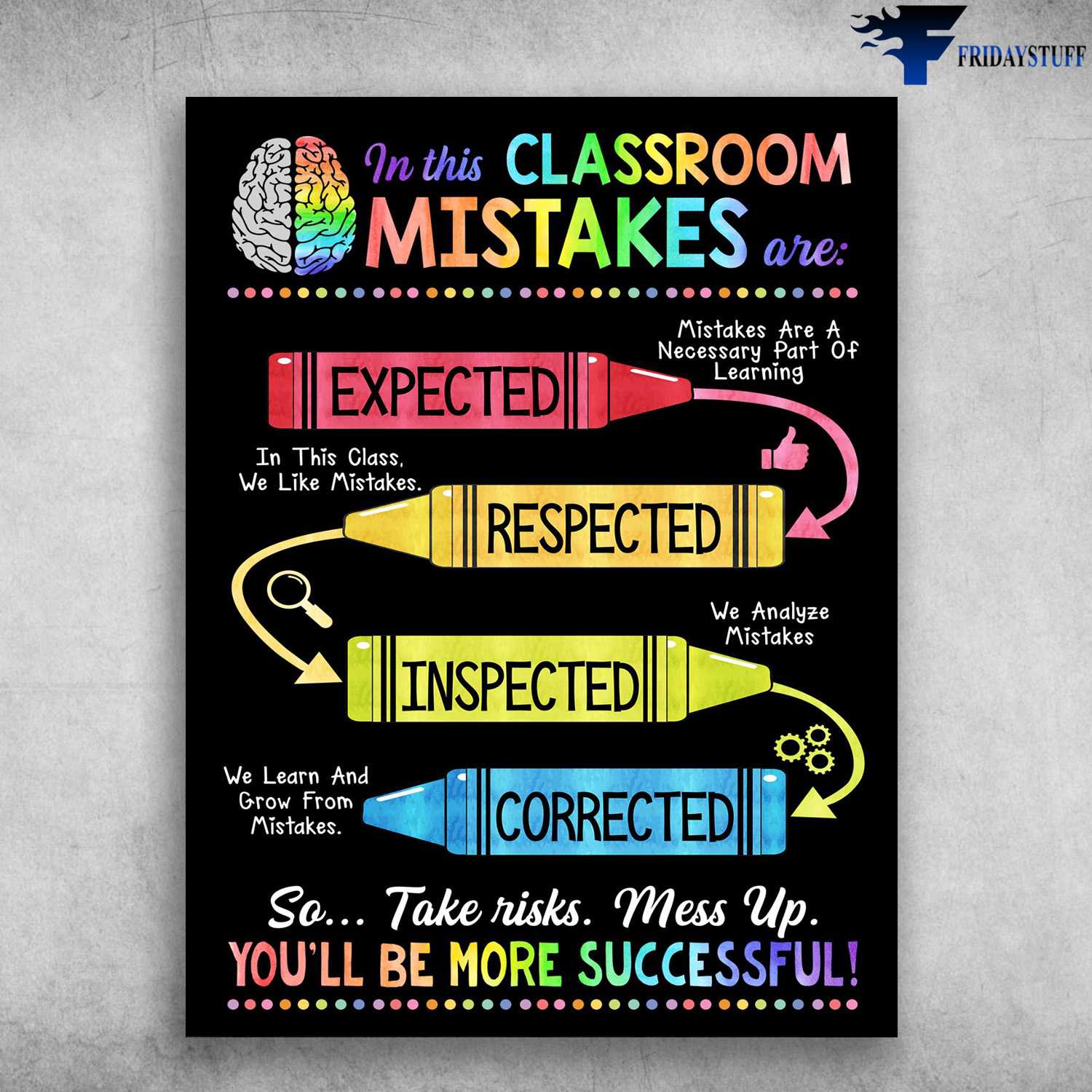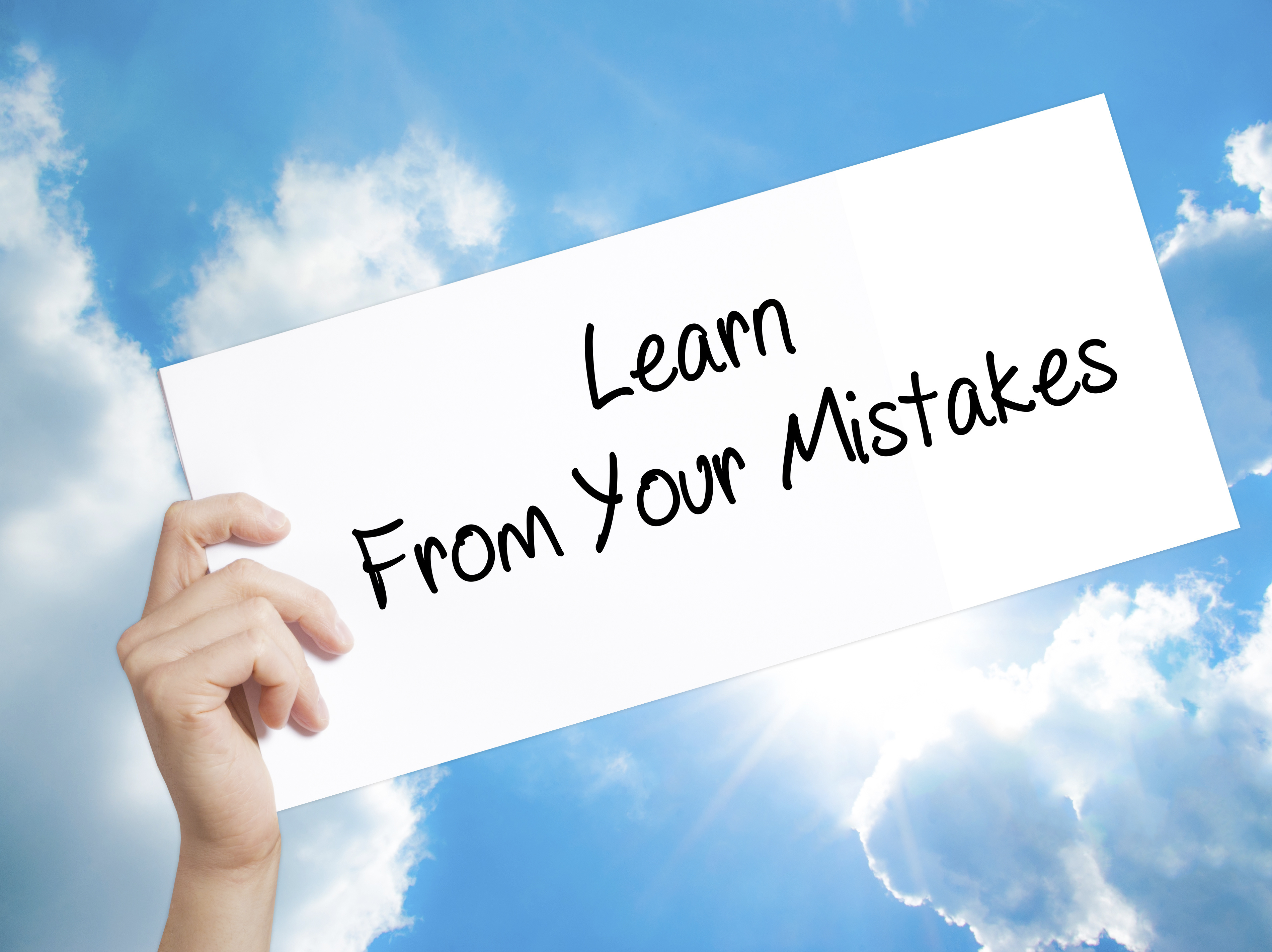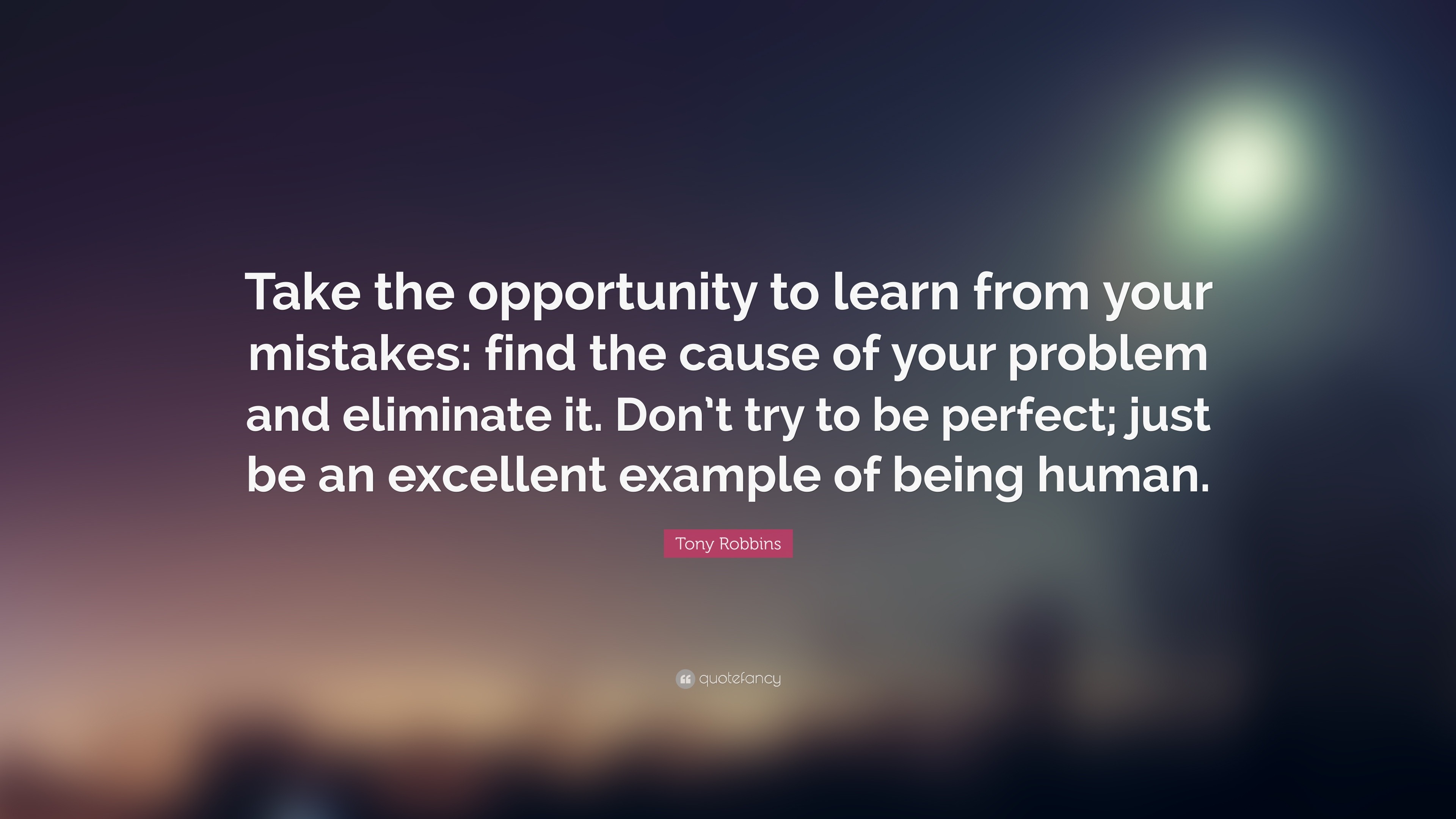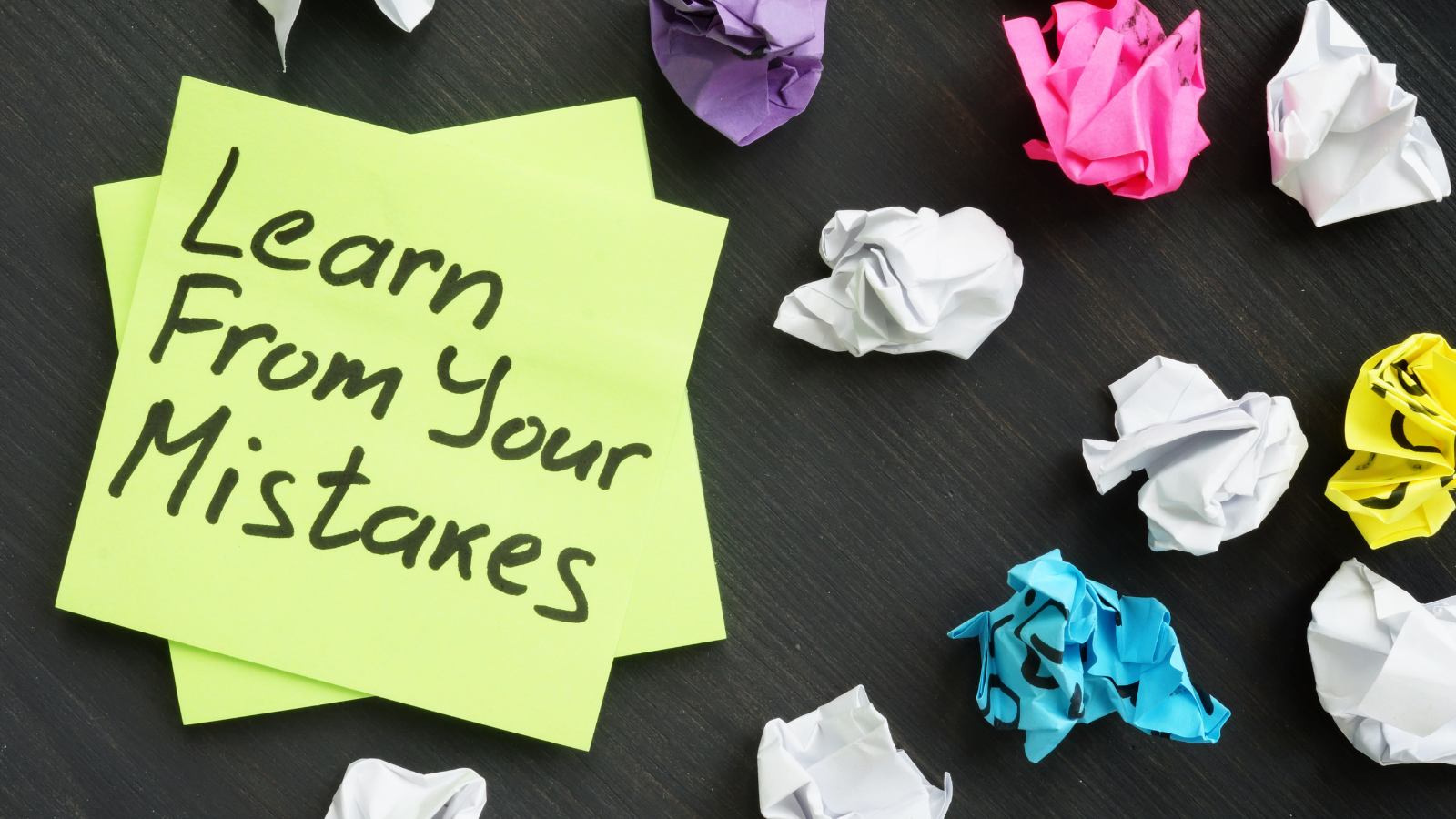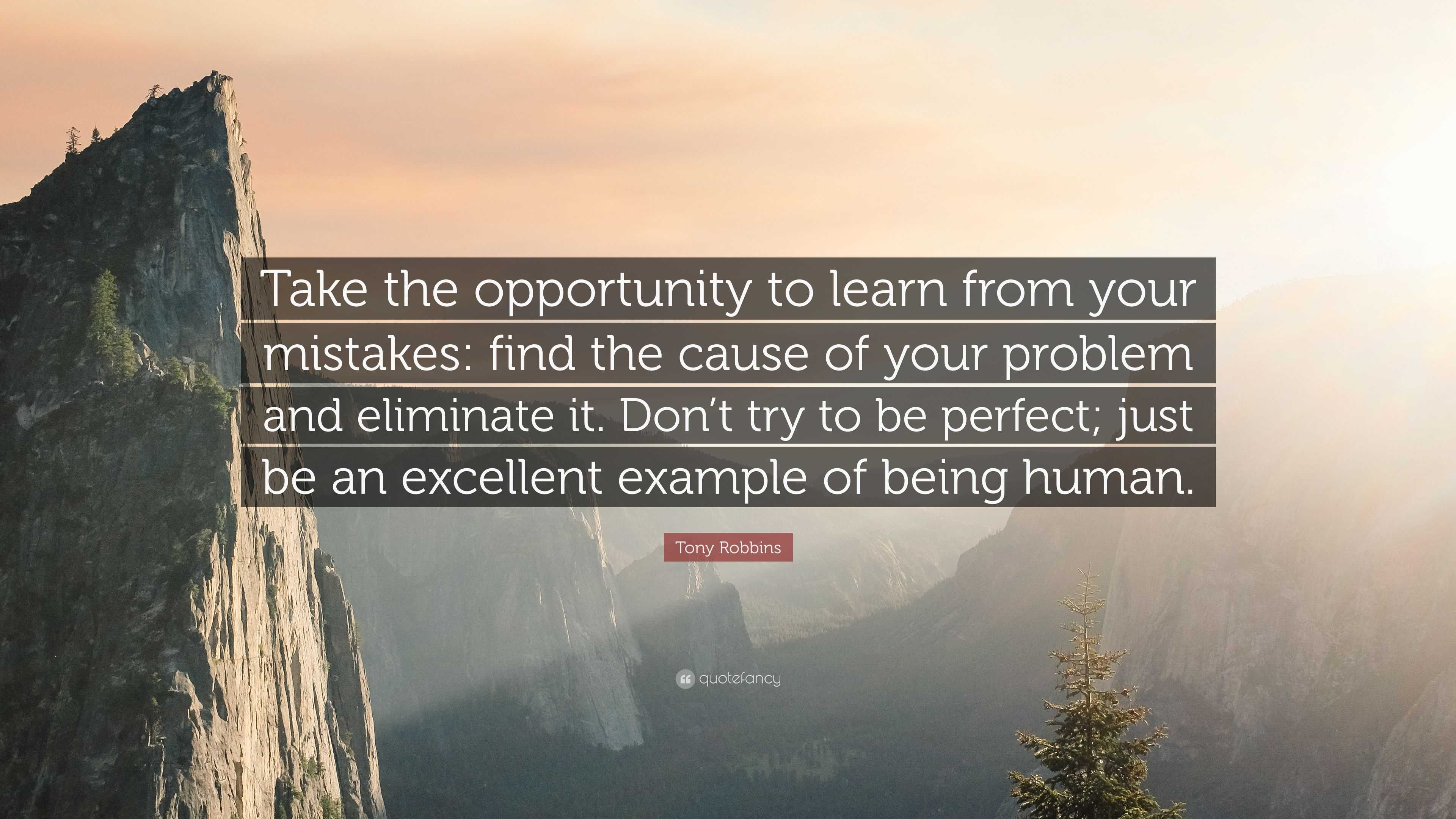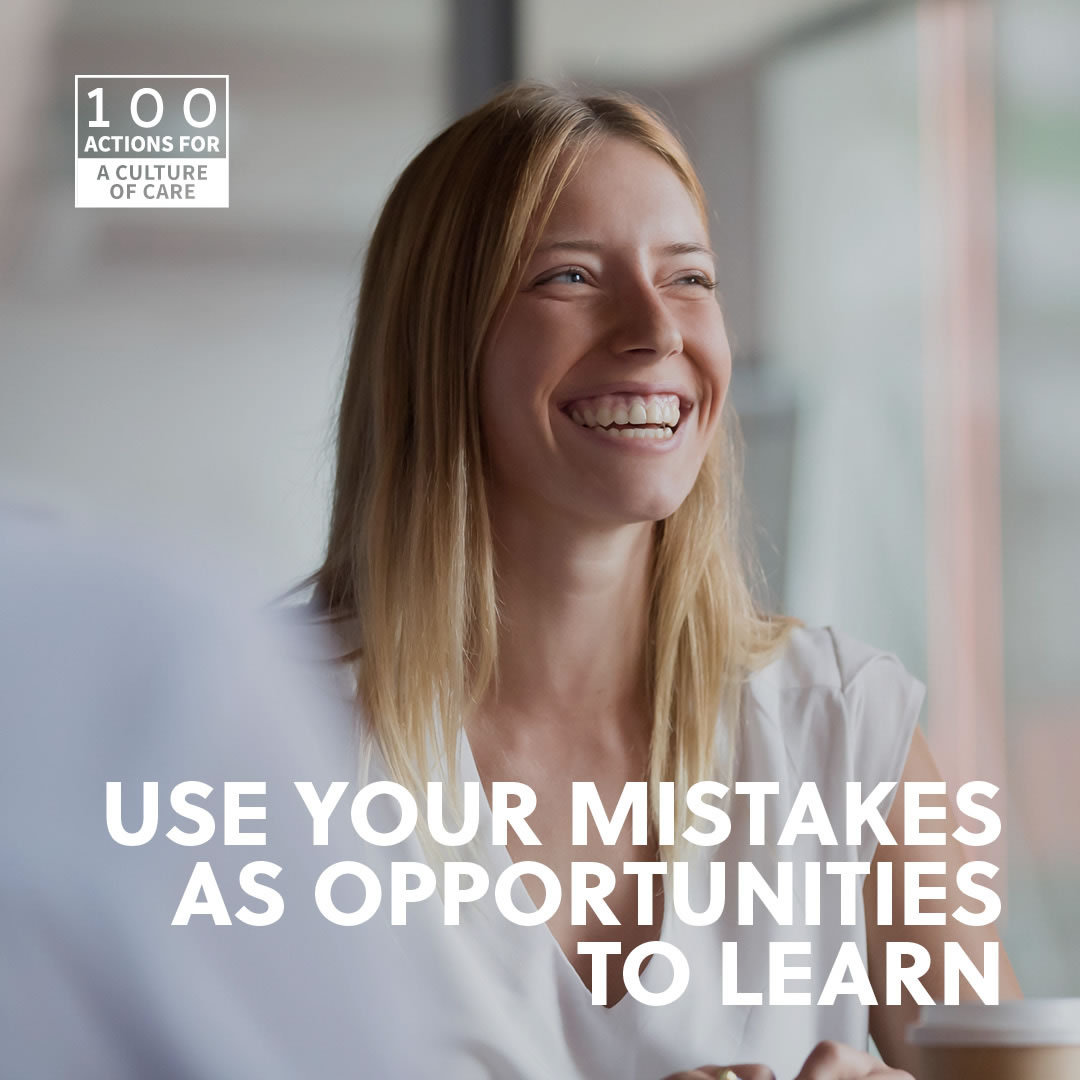Mistakes Are Opportunities To Learn
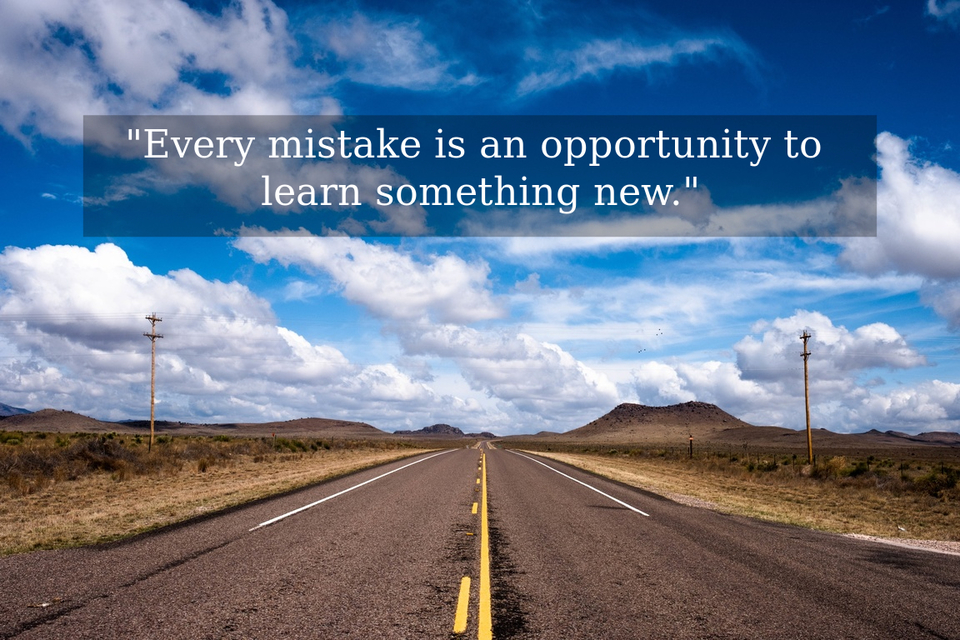
In a world increasingly focused on flawless execution, a growing chorus of voices is championing a seemingly counterintuitive idea: embracing mistakes as valuable learning opportunities.
This shift in perspective, moving away from a culture of blame toward one of understanding and growth, is gaining traction in various sectors, from education and business to personal development.
The core premise is that errors, when analyzed thoughtfully, can provide invaluable insights that fuel innovation, improve performance, and foster resilience.
The Science of Slip-Ups
Research in cognitive science and psychology supports the notion that mistakes are integral to learning.
Studies have shown that making errors activates specific brain regions associated with error detection and correction, leading to enhanced learning and memory consolidation.
As Dr. Emily Carter, a cognitive neuroscientist at the University of California, Berkeley, explains, "When we make a mistake, our brains receive a signal highlighting the discrepancy between our intended action and the actual outcome. This 'error signal' prompts us to adjust our strategies and refine our understanding."
Businesses Reframe Failure
In the business world, companies are increasingly recognizing the benefits of fostering a culture that encourages experimentation and accepts failure as a necessary part of the innovation process.
This approach, sometimes referred to as "failing fast," emphasizes rapid prototyping and testing, allowing organizations to quickly identify and correct errors before they escalate into larger, more costly problems.
Amazon, for instance, is known for its "Day One" mentality, which encourages employees to operate with a bias for action and a willingness to experiment, even if it means making mistakes along the way.
"Our success at Amazon is a function of how many experiments we do per year, per month, per week, per day..." - Jeff Bezos.
This philosophy has been credited with driving the company's relentless innovation and its ability to adapt quickly to changing market conditions.
Education: Learning From Errors, Not Just Avoiding Them
The education sector is also undergoing a paradigm shift, with educators increasingly recognizing the limitations of traditional teaching methods that prioritize rote memorization and discourage mistakes.
Instead, many educators are now advocating for pedagogical approaches that emphasize active learning, problem-solving, and critical thinking, creating environments where students feel comfortable taking risks and learning from their errors.
The National Education Association (NEA) has published several resources advocating for "growth mindset" in classrooms, encouraging educators to frame mistakes as opportunities for learning and development.
One technique, called "error analysis," involves students identifying, analyzing, and correcting their own mistakes in order to deepen their understanding of the underlying concepts.
Personal Growth: Embracing Imperfection
The principle of learning from mistakes extends beyond the professional and academic realms and applies equally to personal development.
Cultivating a mindset that embraces imperfection and views mistakes as learning opportunities can foster resilience, boost self-esteem, and promote overall well-being.
As Brené Brown, a researcher and author known for her work on vulnerability and shame, argues, "Owning our story and loving ourselves through that process is the bravest thing that we'll ever do." This includes accepting and learning from our mistakes.
The growing recognition of the value of mistakes represents a significant cultural shift, one that has the potential to unlock innovation, improve performance, and foster resilience across various domains.
By reframing errors as opportunities for learning and growth, individuals and organizations can create environments where experimentation is encouraged, risk-taking is rewarded, and continuous improvement becomes the norm.
Ultimately, embracing our mistakes may be the key to unlocking our full potential.
